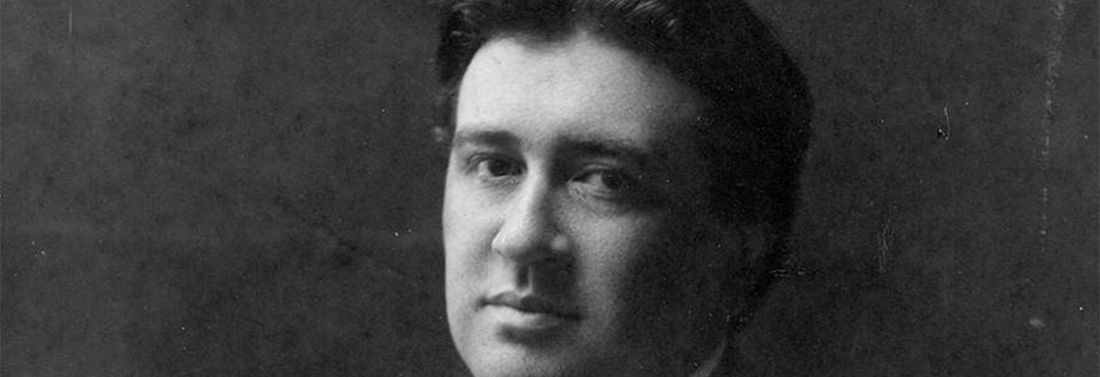
News of the return of Jean-Pierre Ponnelle’s classic production of La Cenerentola to Lyric Opera of Chicago this Sunday led me down a “Non più mesta” rabbit hole resulting in a unique Chris’s Cache in which a convocation of mezzos–and a pride of tenors–produce hundreds of sixteenth notes in a bewitching Rossini showpiece.
All but one of the twenty-two mezzo sopranos from 1954 to 2019 tackling it are assisted by other soloists and chorus. The sole exception arrives from Vasilisa Berzhanskaya who will be making her US debut as Chicago’s Angelina. There aren’t many notable Cinderellas from the past decades that I’ve overlooked, although I couldn’t find a live Cenerentola with Olga Borodina.
Both Garanca and DiDonato’s versions predate their Met debuts, and Horne’s only exists because San Francisco Opera decided to mount the Rossini comedy rather than the composer’s Otello in which the now-nonagenarian mezzo was to have sung the title role! Though the only soprano included, Anna Caterina Antonacci in her clip sure sounds like a mezzo, and Christa Ludwig’s version arrives in German!
Why are tenors also included today? Rossini loved to self-borrow, so just as Rosina’s “Una voce poco fa” originated in Elisabetta, Regina d’Inghilterra, “Non più mesta,” the dazzling conclusion of “Nacqui all’affano,” was swiped from Almaviva’s “Cessa di più resistere” in Il Barbiere di Siviglia. Tenors rarely got the chance to tackle this anticlimactic extravaganza in live performances until Rockwell Blake began including it.
Since the late 1980s the display piece has been cropping up more and more, so Jack Swanson, Berzhanskaya’s Ramiro and another Chicago debutant, always includes it when he appears as Almaviva. Like the Berzhanskaya clip, Michael Spyres’s version without an accompanying chorus comes from a concert rather than a complete Cenerentola. You’ll hear why Javier Camarena and Rossini were not the best match.
“Non più mesta” comes at the very end of my favorite Rossini opera. Its subtitle “La bontà in trionfo” is movingly illustrated in the heroine’s extended final scene of forgiveness that I wanted to include a single version of the complete scene, one featuring the wonderful, perhaps long-forgotten Italian mezzo Anna Maria Rota.
Listening through all these versions I was struck by how the varied ornaments are added, how often an aggressive Clorinda soprano threatens to unbalance the ensemble and how well each mezzo attacks her final high B. The original tenor version proves even more florid than its mezzo version.
This sort of deep dive crops up often on YouTube but it’ll probably just be a one-time exercise on Chris’s Cache! Needless to say the sound quality of these clips spanning nearly 70 years varies wildly.
Rossini: La Cenerentola—complete final scene
Anna Maria Rota
Conductor: Vittorio Gui
Glyndebourne Festival
9 August 1959
Broadcast
Rossini: “Non più mesta” or “Ah, il più lieto”
Group A
Xabier Anduaga–2019
Anna Caterina Antonacci—2000
Agnes Baltsa—1982
René Barbera—2015
Cecilia Bartoli—1994
Teresa Berganza—1969
Vasilisa Berzhanskaya—2018
Frances Bible—1970
Rockwell Blake–1989
Group B
Anna Bonitatibus—2003
Lawrence Brownlee—2018
Javier Camarena—2013
Karine Deshayes—2018
Joyce DiDonato—2004
Martine Dupuy—1990
Tara Erraught—2019
Juan Diego Flórez—2021
Group C
Elina Garanca—2004
Vivica Genaux—1997
Marilyn Horne—1983
Vesselina Kasarova—1998
Jennifer Larmore—2000
Isabel Leonard—2019
José Maria LoMonaco—2015
Christa Ludwig—1959
Group D
Giulietta Simionato—1954
Antonio Siragusa—2003
Michael Spyres—2019
Jack Swanson—2022
Lucia Valentini-Terrani—1974
Frederica von Stade—1974
Each Cenerentola selection can be downloaded by clicking on the icon of a box with an arrow pointing downward on the audio player above and the resulting mp3 file will appear in your download directory.
Never miss an episode of Chris’s Cache! Subscribe to this podcast via Apple Podcasts or RSS.
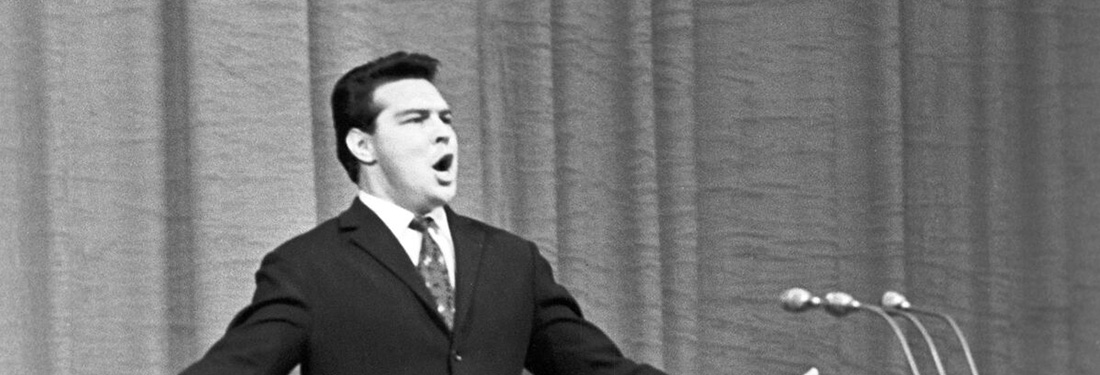
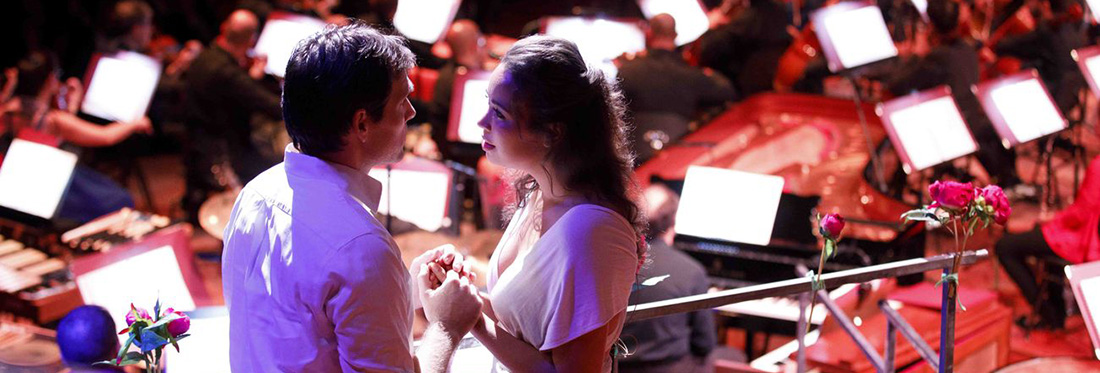
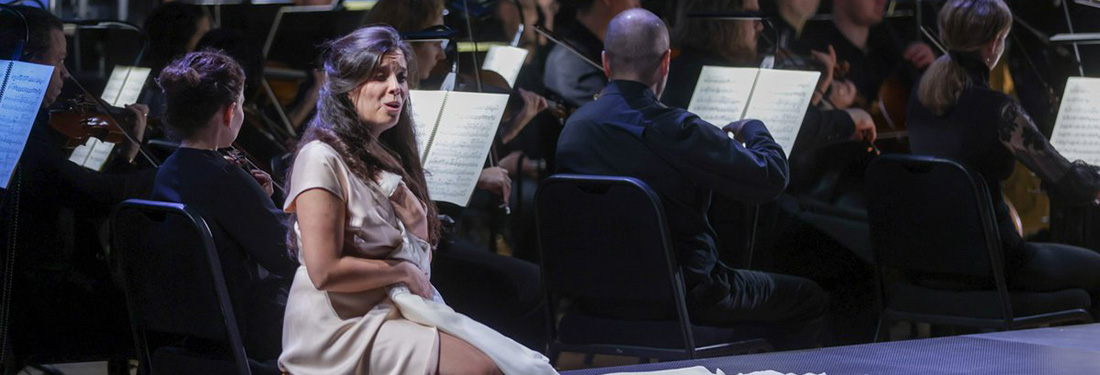
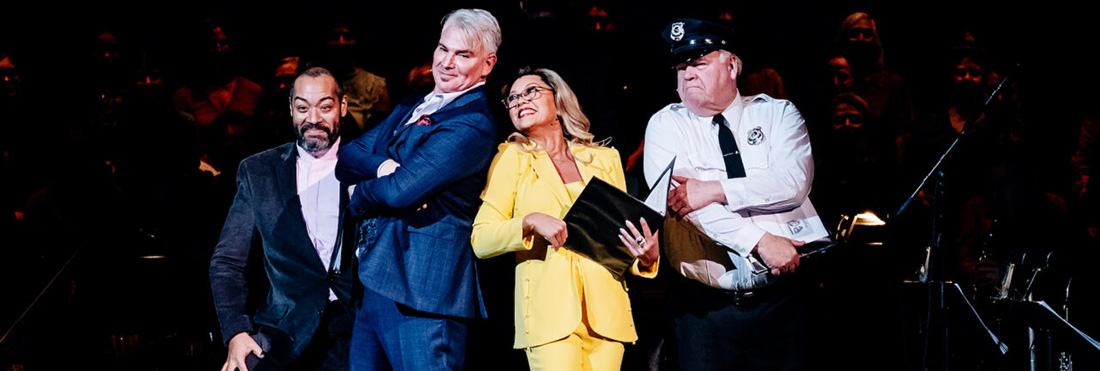
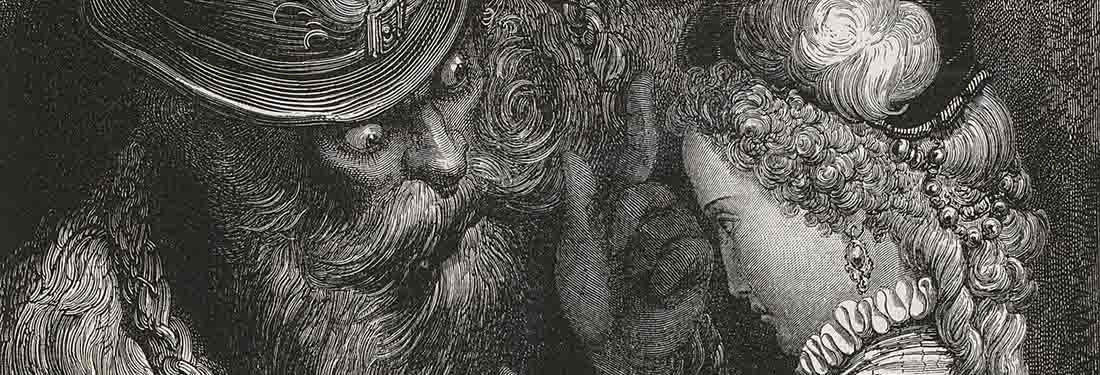
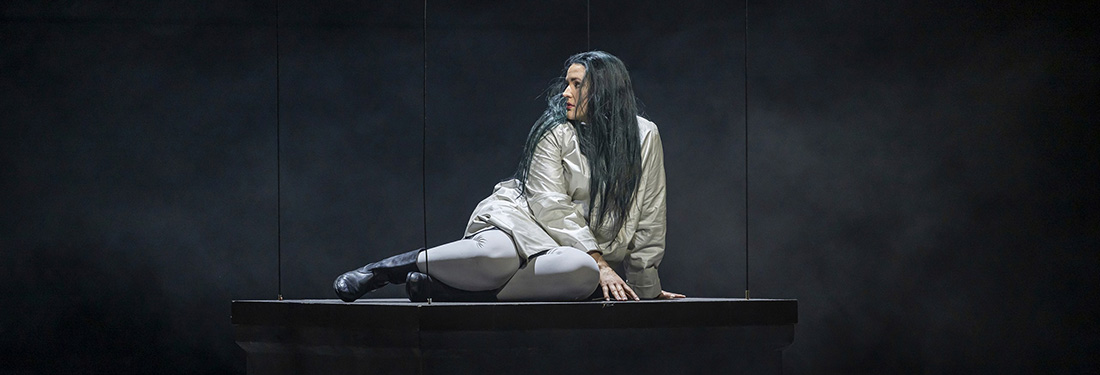
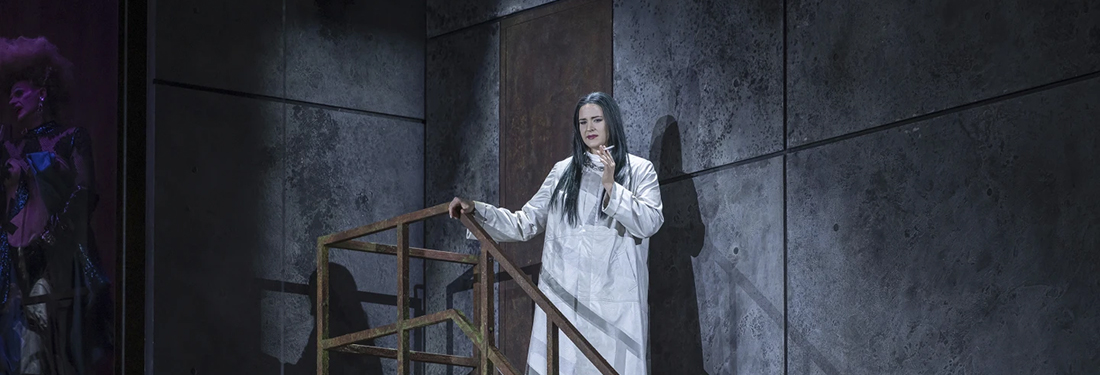
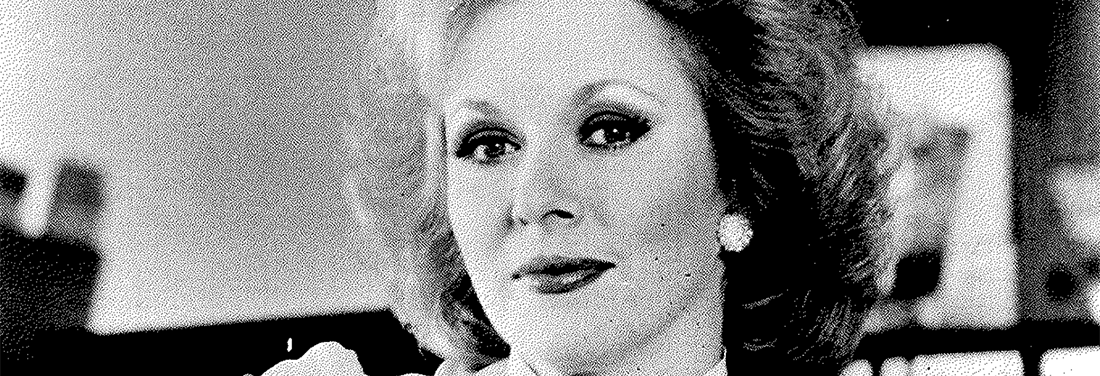
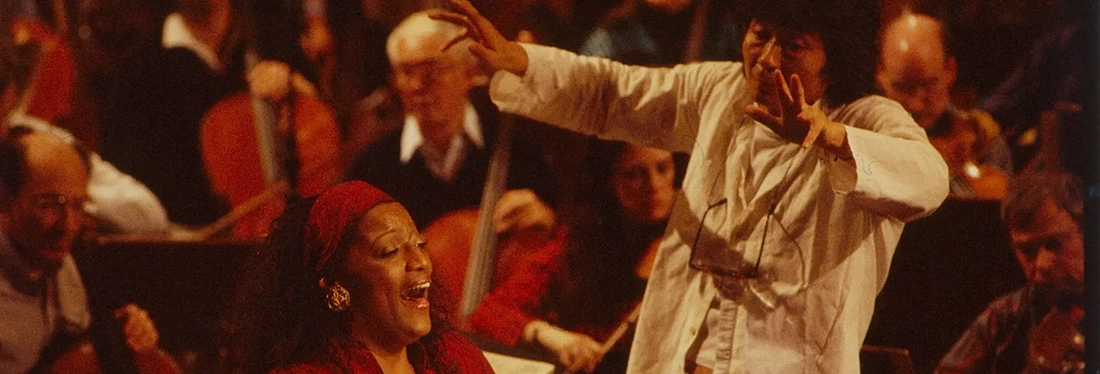
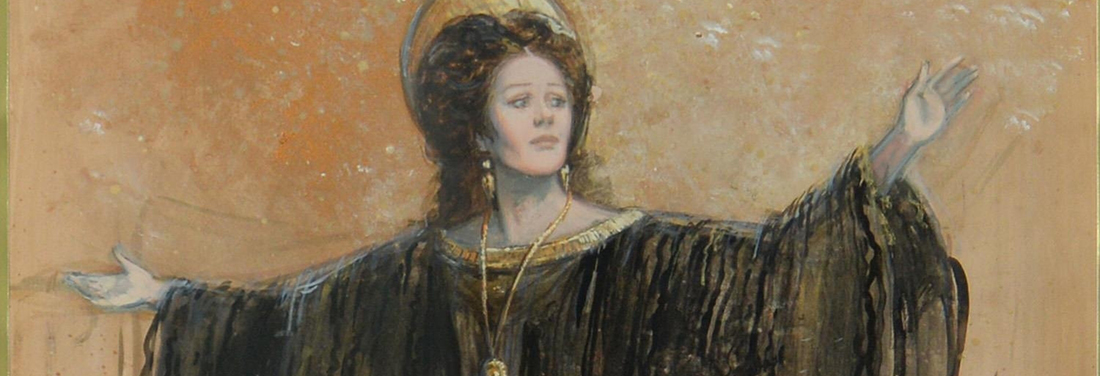

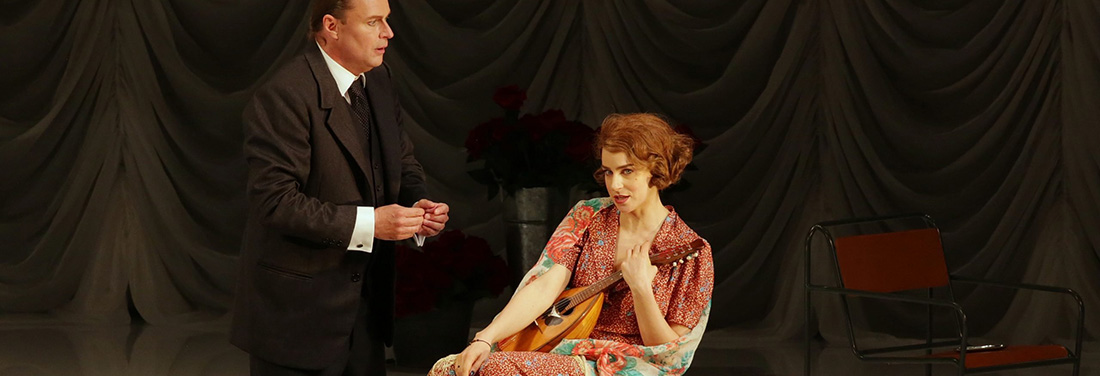

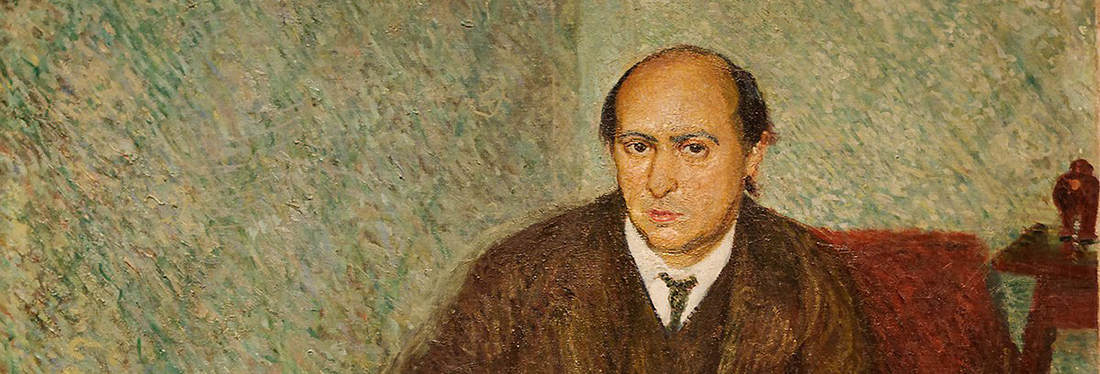
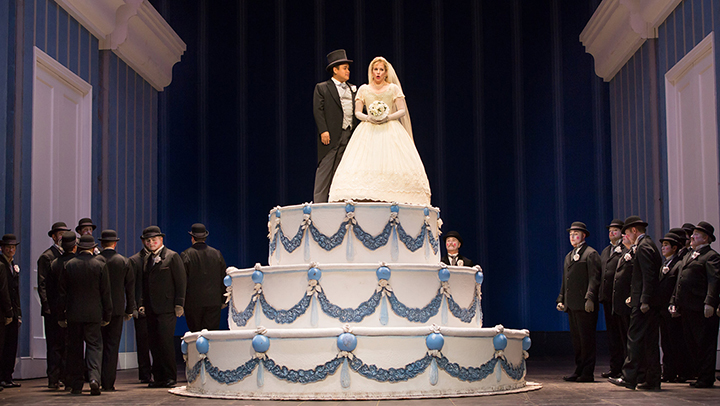











Comments